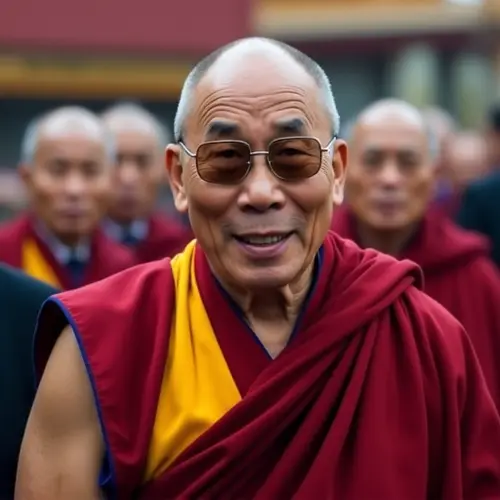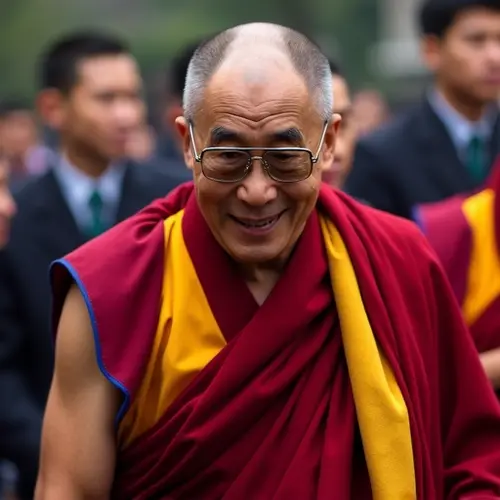
Historic Decision for Tibetan Buddhism
As the 14th Dalai Lama approaches his 90th birthday on July 6, Tibetan Buddhists worldwide await a crucial video announcement regarding his succession. Despite the spiritual leader's prediction that he will live to 113, high-ranking lamas from various Tibetan Buddhist schools are engaging in urgent discussions to prevent Chinese interference in the selection process.
The Reincarnation Dilemma
Traditionally, Dalai Lamas are identified through reincarnation, with search teams locating children who show signs of being the predecessor's rebirth. The current Dalai Lama, Tenzin Gyatso, was identified at age two after Tibet-wide searches. Since China's 1959 occupation forced him into exile in Dharamsala, India, the succession process faces unprecedented challenges.
China's Interference Concerns
Berthe Jansen, Tibetan Studies scholar at Leiden University, confirms China has long planned for the Dalai Lama's passing. This mirrors the 1995 Panchen Lama incident, where China rejected the Tibetan-selected candidate and installed its own - a move rejected by Tibetan Buddhists according to Wangpo Tethong of the International Campaign for Tibet.
Potential Succession Scenarios
The Dalai Lama has floated three possibilities:
Traditional Reincarnation
The most likely option involves identifying a child born after the Dalai Lama's death. As Jansen explains: "The process takes at least nine months to allow for pregnancy after the lama's passing so consciousness can transfer."
Consciousness Transfer During Lifetime
An unprecedented scenario would involve transferring spiritual consciousness before death to avoid a power vacuum. This remains controversial within Tibetan Buddhist traditions.
No Successor
Earlier suggestions of ending the Dalai Lama lineage now appear unlikely, with Jansen predicting the leader will announce the 15th Dalai Lama will be "born in a free world."
Geopolitical Implications
Tibetan government leader Penpa Tsering notes China has inquired about succession timing, revealing Beijing's discomfort with uncertainty. The international community's recognition, particularly from the US and India, remains crucial for Tibetan legitimacy. Tethong warns that Chinese interference could radicalize the traditionally peaceful Tibetan resistance after decades of oppression.
Tomorrow's announcement marks a pivotal moment for Tibetan Buddhists who have known no other spiritual leader. As Tethong reflects: "I envy young Tibetans who will witness the emergence of a new Dalai Lama on the world stage."

 Nederlands
Nederlands
 English
English
 Deutsch
Deutsch
 Français
Français
 Español
Español
 Português
Português
